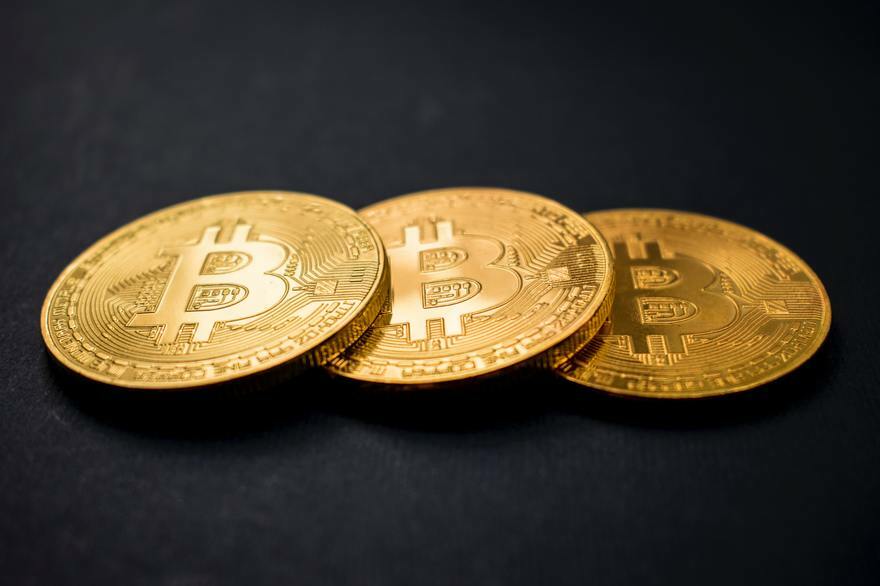- Did you know that there is a limited amount of bitcoin?
- Why is the number of Bitcoins limited?
- All 21 million Bitcoins already exist, however…
- When will all Bitcoins be in circulation?
- What will happen to miners after that?
- The transition to transaction fees instead of Bitcoin.
- Will Bitcoin be replaced by another crypto currency?
Did you know that there is a limited amount of bitcoin?
In fact, there are 21 million bitcoins that can be mined.
There are many theories about why Satoshi Nakamoto, the creator of Bitcoin, chose to limit the number of this crypto currency. One of the most prominent theories is that he wanted to create a currency that is resistant to inflation.
Whatever the reason, the question about what happens when all the Bitcoin is mined remains. Or what will happen to those who mine and create Bitcoins with their mining rigs?
Why is the number of Bitcoins limited?
Bitcoin is very similar to gold. At least in some specific aspects. Firstly, at its core, as we have already said, there is a limited supply. This means that both gold and Bitcoin are limited resources. Meaning that when the last Bitcoin is mined, there will be a total of 21 million Bitcoins on the market and none additional Bitcoins can be created.
Also, Bitcoin cannot appear out of thin air, just like gold. There is a specific task that has to be done in order to mine Bitcoin. The difference is only in the fact that gold is mined in nature, while Bitcoin is mined using computer resources in the digital world.
All 21 million Bitcoins already exist, however…
Miners do not actually create new Bitcoins, even though this may appear to be the case to those who do not fully understand the blockchain technology and Bitcoin itself. Satoshi Nakamoto already created all 21 million Bitcoins in 2009 when he created Bitcoin itself.
The real role of the miners is to secure the Bitcoin network (blockchain) by processing Bitcoin transactions. Every 10 minutes miners discover a new block by solving crypto puzzles and the blockchain allows them to write new transactions in itself.
The blocks function as a book of transactions in which Bitcoin transactions are written. If a miner creates a block successfully, he is written in the main book of transactions and is rewarded automatically with new Bitcoins and a fee for the introduction of the block in the main book of transactions, the ledger. This is how the amount of Bitcoins in circulation increases. The coins exist, it is just that they are introduced into circulation at a determined pace.
When will all Bitcoins be in circulation?
In the first announcement of Bitcoin (v0.1), Satoshi Nakamoto offered a one sided offer to everyone who was ready to fulfill the deal about Bitcoin distribution. As long as the miners play by Bitcoin rules and are helping secure the network and processing Bitcoin transactions, they will be rewarded with Bitcoins and a fee from each transaction that they have processed in the ledger.
Furthermore, Satoshi Nakamot created a mechanism by which the amount of Bitcoins given as a reward decreases by half every four years. And so forth until all Bitcoins are mined. After that the only reward miners will receive is the transaction processing fee.
When Bitcoin was first introduced, 50 Bitcoins were awarded for each block of transactions. In 2012 this was halved to 25 Bitcoins. In 2016 again to 12.5 Bitcoins. Today, in 2021 miners receive 6.25 Bitcoins per block. At this pace the last Bitcoin will be mined somewhere around the year 2140.
What will happen to miners after that?
As we have said, the amount of Bitcoins is limited to 21 million. The problem which is worrying people now is: “What will happen when no more Bitcoins are available to mine?”. Even though none of us will surely be alive then, Bitcoin enthusiasts debate this question constantly. Most of the miners do this job to earn some reward and make money on Bitcoins.
It is obvious that miners will then earn from the Bitcoin processing fees because that will be the only available reward. However, who knows what the world will look like in 2140.
The transition to transaction fees instead of Bitcoin.
It is hard to say what will all this blockchain, crypto currency and Bitcoin business come to when the last of the supply is mined out. In any case the existence of Bitcoin should not come into question because miners are profiting from transaction fees even now, plus the Bitcoin they get of course.
At the moment, miners earn just six percent from these fees. However it is expected that the fees will rise exponentially once the Bitcoin network is filled, when we are reaching the final mined Bitcoin that is.
Also, the processing may slow down by then, however we should not worry about that right now.
Will Bitcoin be replaced by another crypto currency?
It is hard to predict what will happen in 2140. However judging by the proactivity and the passion in the Bitcoin community, it is easy to believe that after some time significant events will take place and a replacement for Bitcoin will be ready for use.
Original text at pcchip.hr.





I love what you guys tend to be up too. This type of clever work and coverage!
Keep up the good works guys I’ve added you guys to our blogroll.